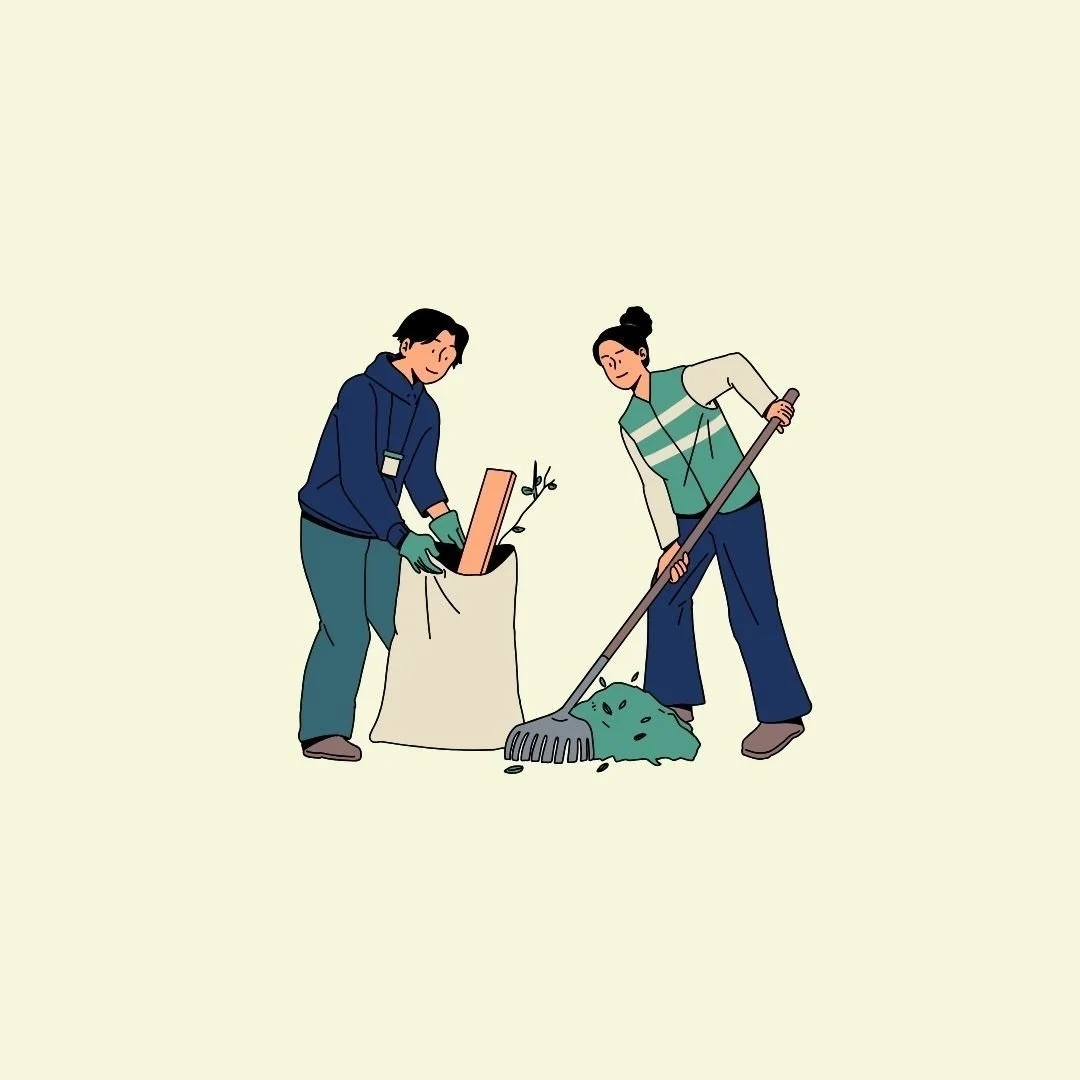Pretend your consciousness is like an Instagram feed, an infinite scroll of psychoemotional thoughts, images, and feelings. Some of which are positive, others neutral, and some distressing. You can engage with this feed similar to how you engage with Instagram: choosing to “like” a post, share it, click “not interested”, or spend time clicking deeper into a particular profile. In the same way, our brains respond to the attention we give to thoughts, reinforcing patterns based on what we engage with most.
Help! The sky is falling!
When stress starts to feel paralyzing in this way, we can tend to go into escapism mode. In escapism mode, we have to work to actively ignore our stressors. This is not the same thing as making room to experience joy. Escapism says there is only room for ignorance, numbness, and avoidance. Joy is an outlet that allows us to continue to engage in the stress, to continue to fight for what we believe in and continue to hope for a better future.
Self-harm is often used as a way to cope with overwhelming emotions, but there are healthier and more sustainable ways to manage distress. This blog will explore a variety of alternative coping skills that can help regulate emotions, build resilience, and promote healing.
Recognizing self-harm can be challenging as many individuals will hide the behavior due to shame and social stigma. However there are some common signs to look out for.
In OCD, intrusive and obsessive thoughts can feel overwhelming and all-consuming. They often trigger a cycle of anxiety and compulsive behavior aimed at alleviating that discomfort. However, when we respond to these thoughts with fear, anxiety, or avoidance, we reinforce the idea that they hold significant power over us. This reaction tells our brains, “Thanks for keeping me safe, we’d better watch out for this,” leading to an escalation of obsessive thoughts and compulsions. Conversely, treating these thoughts with less gravity - like the students confronting boggarts - we can send a message to our brains that these fears are not as significant as they may seem.
On the one hand, nobody’s OCD is exactly the same, and it can be confusing to determine what is an “OCD thought” or an “OCD compulsion”. IOCDF’s compulsive activities checklist includes 207 compulsions regularly seen in people with OCD. That’s, like, 206 more than most people realize exists. And if your compulsion is too “out there” to make the cut, there’s a free-response section eagerly awaiting your input. Now, let’s get something clear- no compulsion is too “out there”. Unique and complex compulsions are typically a sign of a healthy, creative, but overprotective brain. In fact, the content of your OCD is only a small piece of the puzzle.
As we witness increasingly severe weather patterns, rising temperatures, and devastating environmental impacts, many of us are grappling with a new kind of anxiety: climate anxiety. This term describes the feelings of fear, helplessness, and overwhelm related to the climate crisis. It's a form of distress that acknowledges the profound emotional toll of witnessing and experiencing the effects of climate change. If you’re feeling this way, you’re not alone. Here’s a small guide to understanding and managing the large issue of climate anxiety, while also finding hope and resilience in these challenging times.
I was bewildered as to how I got here. I’ve made my values of fairness and equity clear to my partner. I’m a feminist, my partner is a feminist, and we had been trying to develop a somewhat fair household chores system since we started cohabitating. So why did I feel like I would one day soon wake up with a doting homemaker apron on with the sudden urge to have a cocktail ready for when my breadwinner husband gets home? Claustrophobic, I was tearing at this role from the inside out.
Stress and the stress response is a built in safety alarm system. It is not inherently bad. It can be a good thing to find motivation in a deadline, or be encouraged to fight for something we believe in, etc. However, too much of a good thing can also result in something negative and that is especially true with stress.
In recent years, social movements advocating for the rights and recognition of marginalized communities have gained unprecedented visibility and support. The LGBTQIA+ community, in particular, has seen a significant rise in the number of allies who publicly support our identities. However, not all support is created equal. A concerning trend has emerged: performative allyship.
Clinically, when things are at their worst, that is often when you see major shifts and changes happen. And when those changes persist past the initial burst of motivation, that is when people’s lives really improve.


